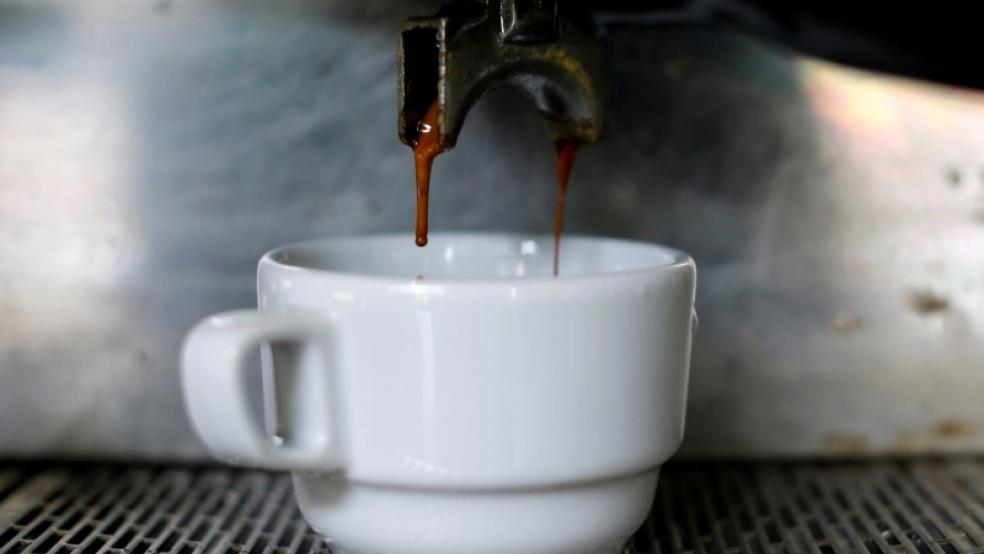Business is starting to find big bucks in breakfast. No, not by selling Egg McMuffins all day at McDonald’s or keeping pancakes on the menu 24/7 like Denny’s – though that seems to be working — but by repurposing the detritus of the morning meal.
An article in Strategy+Business identifies a handful of companies that are finding surprising new uses for egg shells and coffee grounds.
Related: Wal-Mart to Switch to Cage-Free Egg Supply Chain by 2025
According to writer and consultant Michele Wucker, the smart new uses include a Scottish mayonnaise maker that is turning eggshells into a powder that can be used to strengthen plastics, a London startup that turns coffee grounds into pellets that can be burned for heat, and Starbucks, which offers old coffee grounds to be used as compost.
At Tuskegee University, scientists have created biodegradable packaging from eggshells; nuclear power plants are exploring the use of coffee grounds in a compound to soak up waste; and at Wayne State University, researchers have developed a process to turn eggshells into battery electrodes, the article says.
Not all of the business and startups using eggshells and coffee grounds are price-competitive, but Strategy+Business points to a European Commission study that says EU companies could save hundreds of billions annually by turning to circular-economy strategies that recycle waste.
Related: Despite Reams of Evidence, Global Warming Ranks Low on Americans’ Worry List
Besides the environmental downside of increased methane production from eggshells rotting in landfills, there is the rise cost of disposing of them. Some 20 EU countries are imposing taxes on waste producers that amount to more than $2.3 billion a year. So the economic motivation to avoid waste is growing.
And there are plenty of eggshells and coffee grounds waiting for new ideas: Strategy+Business says 1.3 trillion eggs are consumed worldwide every year, and 12 billion pounds of coffee beans are ground up for java.





